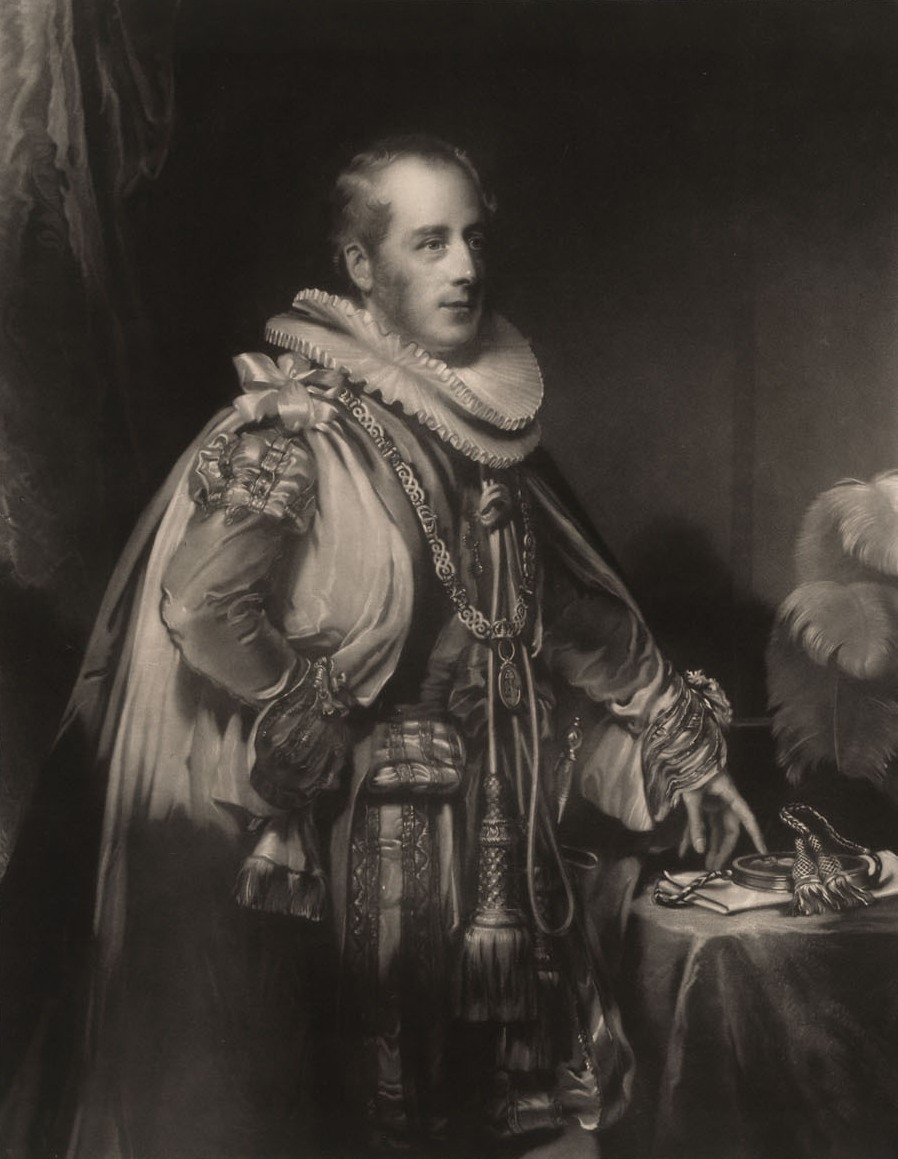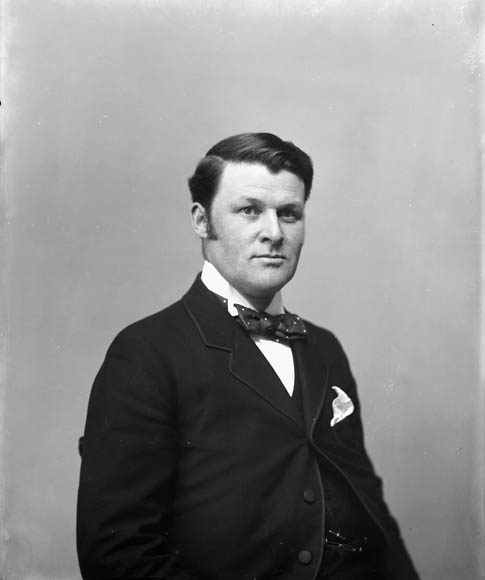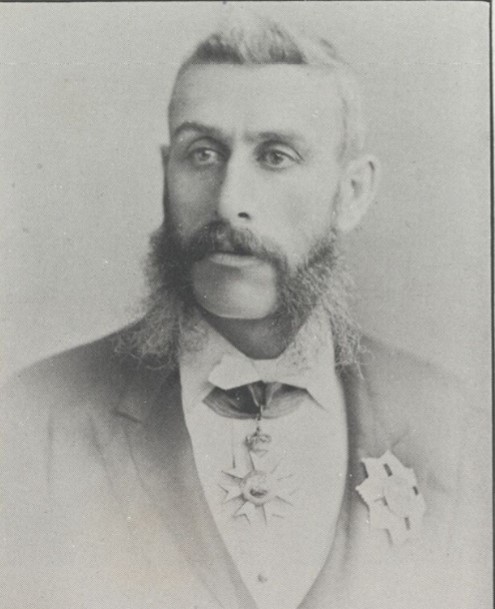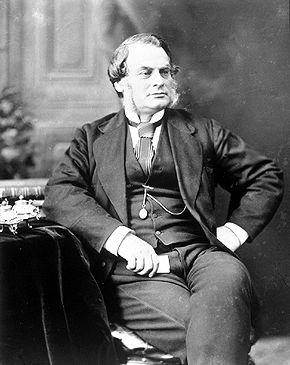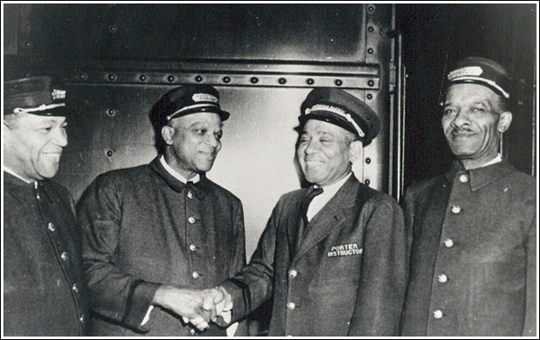Article
Sir Cecil Edward Denny
Sir Cecil Edward Denny, 6th baronet of Tralee Castle, police officer, Indian agent, author (b in Hampshire, Eng 14 Dec 1850; d at Edmonton 24 Aug 1928). Denny is best known as the author of two colourful accounts of life with the North-West Mounted Police - The Riders of the Plains: A Reminiscence of the Early and Exciting Days in the North West (1905) and The Law Marches West (1939).


